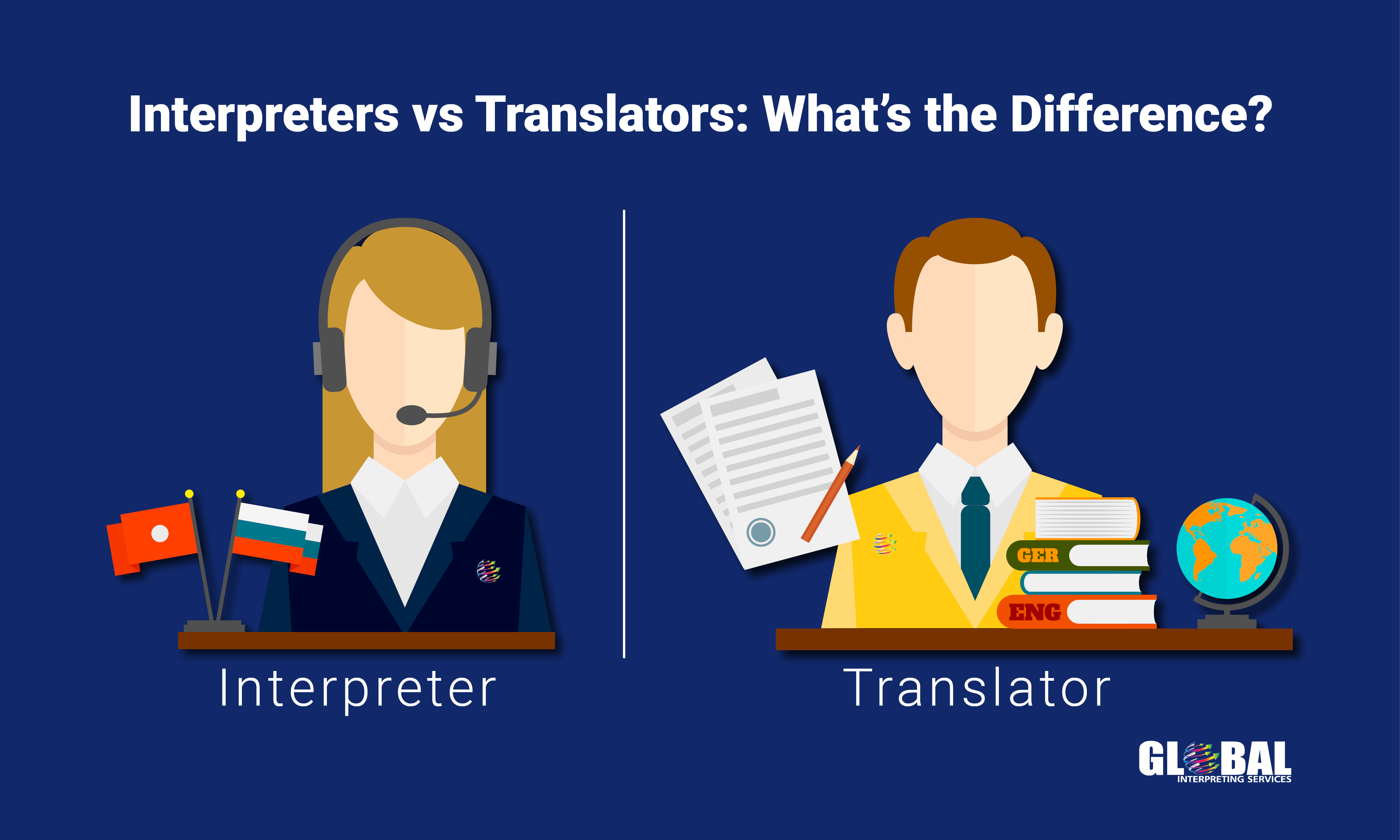After 25 years in the interpreting business, we have heard a lot of reasons why businesses don't think they need an interpreter, but by far the number one reason is: They're going to use a family member to interpret.
If we had a dime for every time we heard that statement…anyway, let’s start with…it’s not a good idea. Here’s a list of reasons why: (hang on Deaf Advocates, I’m getting there!)
No matter what the situation is, if you use a family member you cannot be guaranteed that you are getting all the information and that they are being told all the information. Everyone means well, but if your family member serves as the Interpreter, they control the information and they control the decision-making ability. Additionally, all persons deserve to have their information and issues kept confidential. Professional Interpreters have a Code of Professional Conduct that they adhere to that protects the Consumers (and your) confidentiality.
If you use a family member or friend, they have not taken an oath stating that whatever is said between you and your patient or client (the Consumer) is confidential. People also have the basic right to make their own decisions, free of another person’s opinion giving them a bias as much as possible; Professional Interpreters do that as best they can. They will not give their own opinion, even if asked, and will try to become a neutral party to your interaction with your patient or client.
Let's look at a few specific instances where it isn't in your best interests to use a family member:
Medical Situations: HIPAA.
Perhaps the person doesn’t want the family member to know their medical history or their current medical situation. Important information could be left out. Perhaps a family member disagrees with a treatment option; again, information may not be interpreted.
Legal Situations: Privacy Laws.
Maybe the person doesn’t want family to know their history or current situation, or maybe a family member is embarrassed by a person’s history or current situation; they could disagree with a plan of action so something may not get interpreted.
In both medical and legal situations there are laws that protect the information of the person who does not speak English or the Deaf person. They do not have to use a family member if they do not want to. In these situations, then you are obligated to provide a professional Interpreter: foreign language or Sign Language.
Some situations such as classes or business meetings, perhaps employment situations that may have specialized vocabulary or information that needs to be explained and the information contained is technical or abstract. Professional Interpreters are trained in these situations to know advanced vocabulary and to know how to explain abstract or technical issues. If you use a family member, you could get a misinterpretation of information and it could lead to confusion or a misunderstanding.
You have to decide: How important is the information you are explaining to the person who doesn't speak English?
If it's important and could jeopardize their life or liberty, you want to get a professional Interpreter. (Though I am a proponent of always getting a professional Interpreter because of the issue of bias, that issue of possible control and lack of choice and ensuring effective communication.)
Using an interpreter strengthens communications and makes mistakes less likely. Our interpreters are vetted and if they are Sign Language Interpreters, always highly Certified. Our foreign language Interpreters go through an Orientation program that includes a shadowing experience to ensure quality and professionalism.
I have high standards at Global Interpreting Services, not every Interpreter makes our list, only the best do.
With regards to the Deaf Community, there are laws protecting their rights to obtain Professional Sign Language Interpreters. You cannot use a family member to communicate with them. In Michigan specifically, a Sign Language Interpreter must be certified to interpret. There are even requirements as to levels of certification depending on where they interpret.
Our office can give you information regarding these certifications. Contact our office for more information.
When it comes to using an Interpreter, it’s not just for the Consumer, it’s also to protect your business. Interpreters protect the flow of information for everyone; they ensure confidentiality, equality and choice. If you use someone who is not a professional, you can unknowingly put someone in a position of control of you and the consumer, which may not benefit either of you. Effective communication is a right and its for everyone.




